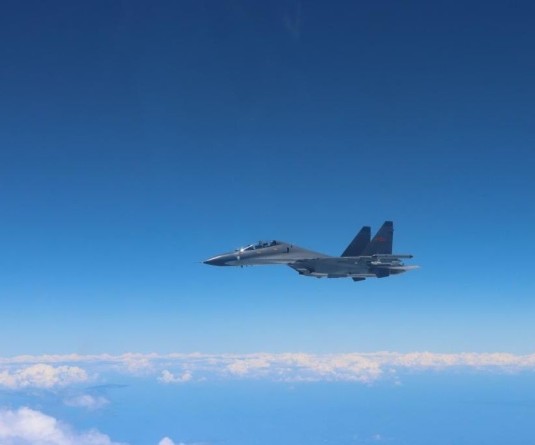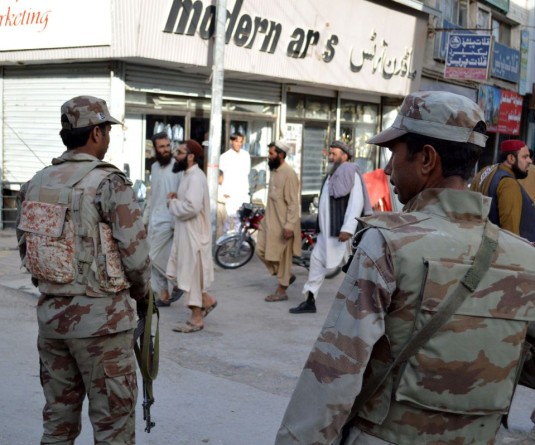George Floyd's brother, Philonise Floyd, speaks (via video message) during an urgent debate on current racially inspired human rights violations, systematic racism, police brutality against people of African descent and violence against peaceful protests at the High-Level Segment of the 43rd session of the Human Rights Council, at the European headquarters of the United Nations in Geneva, Switzerland June 17, 2020. (REUTERS Photo)

GENEVA, June 17 (Reuters): The brother of the late George Floyd called on the top U.N. human rights body on Wednesday to investigate police brutality and racial discrimination in the United States.
"The way you saw my brother tortured and murdered on camera is the way black people are treated by police in America," Philonise Floyd, speaking via video to the Geneva forum, said of his brother's death in Minneapolis police custody last month.
"I hope that you will consider establishing an independent commission of inquiry to investigate police killings of black people in America, and the violence used against peaceful protesters," he told the Human Rights Council.
The urgent debate, convened at the request of African countries which are seeking a U.N. inquiry into abuses, is due to continue on Thursday.
Leopold Ismael Samba, ambassador of the Central African Republic who spoke on behalf of African countries, urged all governments to take collective measures to combat systemic racism and police brutality.
Activists said U.S. officials had lobbied African countries to tone down their draft resolution. The latest draft, seen by Reuters, does not name the United States or set up a U.N. commission of inquiry.
The revised text proposes that the office of U.N. High Commissioner for Human Rights Michelle Bachelet "establish the facts and circumstances relating to systemic racism" and alleged use of excessive force, and report back in a year.
Bachelet, in her speech to the Council, called for investigating and prosecuting excessive use of force by police and for "swift and decisive reforms".
"Black lives matter. Indigenous lives matter. The lives of people of colour matter. All human beings are born equal in dignity and rights," she said.
The United States quit the Council two years ago and does not attend debates.
Andrew Bremberg, U.S. ambassador to the United Nations in Geneva, issued a statement saying that his country was grappling with racial discrimination and implementing police reforms after Floyd's killing.
"As the world's leading advocate for human rights we call upon all governments to demonstrate the same level of transparency and accountability that the U.S. and our democratic partners practice," Bremberg said.
"We are not above scrutiny; however, any HRC resolution on this topic that calls out countries by name should be inclusive, noting the many countries where racism is a problem," he said.
Croatia's ambassador, Vesna Batistic Kos, told the talks on behalf of the European Union: "Incidents of racially motivated violence and hatred take place in all regions of the world and we need to look into own souls ... The EU is determined to put an end to such hate crimes."






